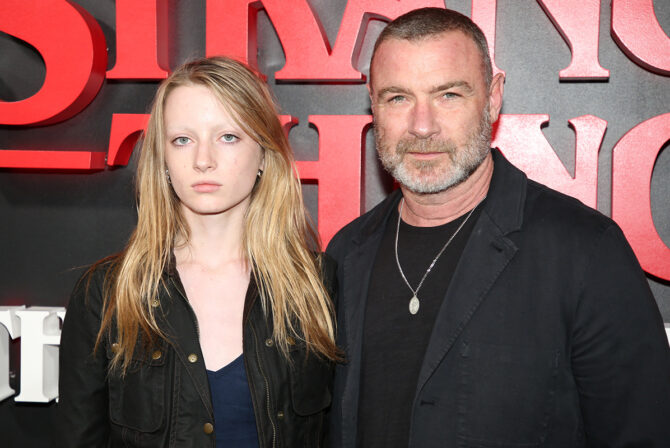A confession: I mock social media publicly. I loudly echo the sentiments expressed by so many — that social media is changing the way we interact with each other; that it can cause depression and anxiety; that we all need to step away from the lure of Facebook.
But, privately, I love it. I secretly enjoy looking at the pictures of my friends’ children. I don’t mind learning about big life events — engagements, births, and more — via alerts on my smartphone. I love reading the articles apparently chosen for me by some strange algorithm. But mostly, I love reading the stories that people tell. I love glimpsing into the lives of both friends and strangers via Facebook posts, Instragram pictures, and tweets.
I will scroll and click and read story after story after story. But there was something different about Magnolia — her story stopped my incessant scrolling. Her picture caused me to pause. I wanted to dig deeper, to learn more. Magnolia’s story is not a happy one. This little girl suffers from Rett Syndrome, a rare neurological disease.
Maggie’s mother asked, via a blog post on Kveller, if they would survive a natural disaster. Because of her daughter’s disability, she isn’t sure they would make it through an evacuation. I dove into the “rabbit hole” of the Internet to learn more and more about Maggie and her daily struggles. I watched videos of her struggling to catch her breath. I learned of her frequent seizures, her inability to speak without eye-gaze technology. And I saw pictures and clips of her at age 3, when she was “normal” — running around, playing, kicking a ball, being a kid. But Rett Syndrome is progressive — its victims advance normally at first, then slowly their bodies are robbed of their functionality. Their families watch helplessly as these children lose their abilities to walk, talk, play, and even just to breathe.
I believe it was the video of Maggie trying to catch her breath that stopped me from scrolling to the next story in my feed. I wasn’t able to move on from this story — I was paralyzed, crying. I wanted to reach through the computer screen and give this little girl my breath.
So what do we do when we can’t continue to scroll? When we can’t move on? When a story stops us and will not release its grip?
We find a way to act. I cannot give Maggie breath, but I can give her support. I can show her that, across the country, there’s a stranger who cares. A person who wants to take action. Someone who wants to share her story with others. Here in Washington, D.C., there is a family that wants to help to get her — and the other children victimized by this horrific disease — closer to a cure. Because there is a cure on the horizon with Rett. It is so close it is almost painful.
February 2018 is Magnolia’s Month at Soupergirl, the company my mother and I founded in 2008. Our mission is to save the world, one bowl of soup at a time. Our soup can’t cure Magnolia. But if others learn her story, we’re hopefully getting a tiny bit closer — to a cure, a happier story, a better world.
Learn more about Magnolia and our Soupergirl campaign click here.
https://vimeo.com/254160485








